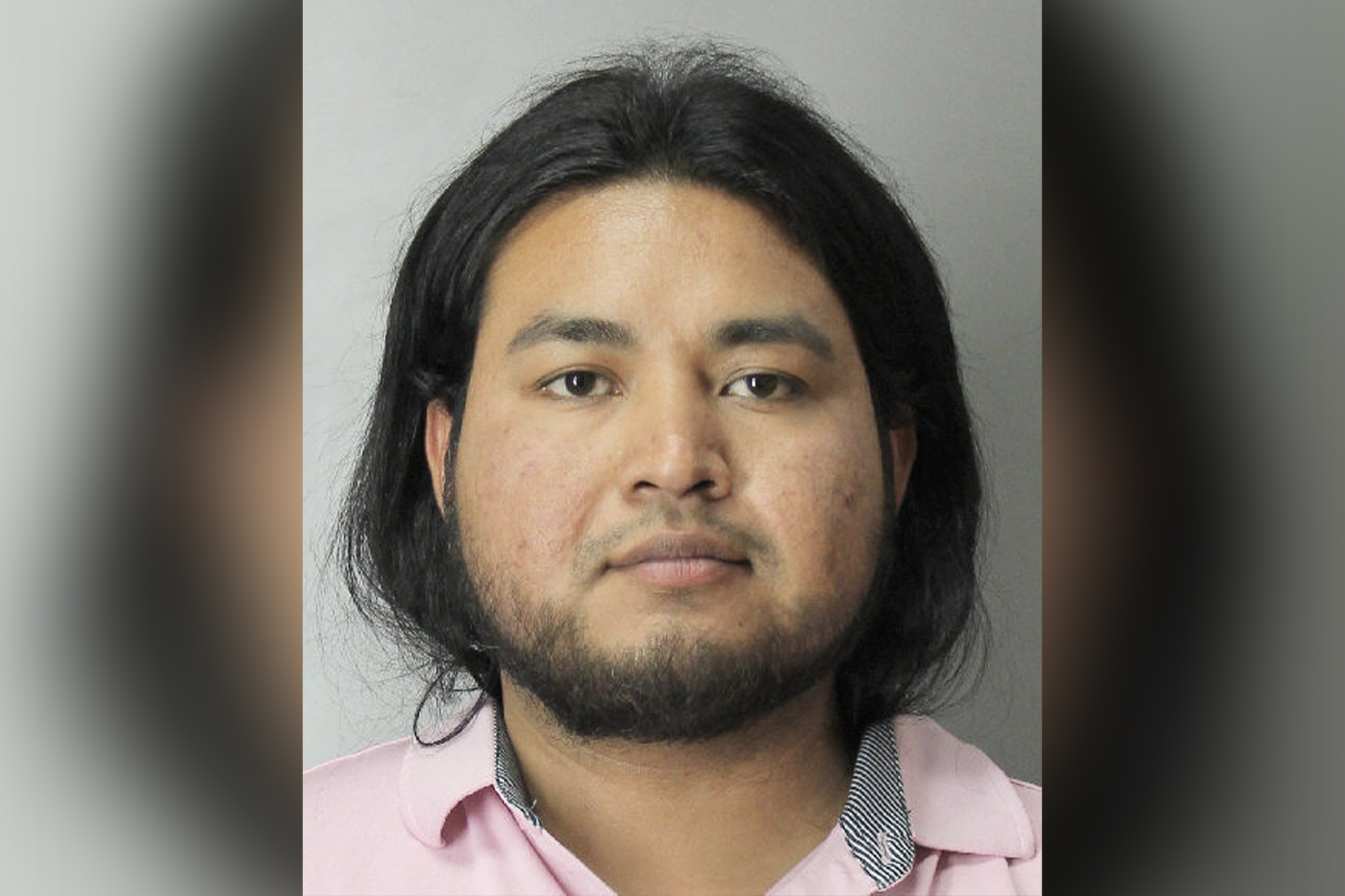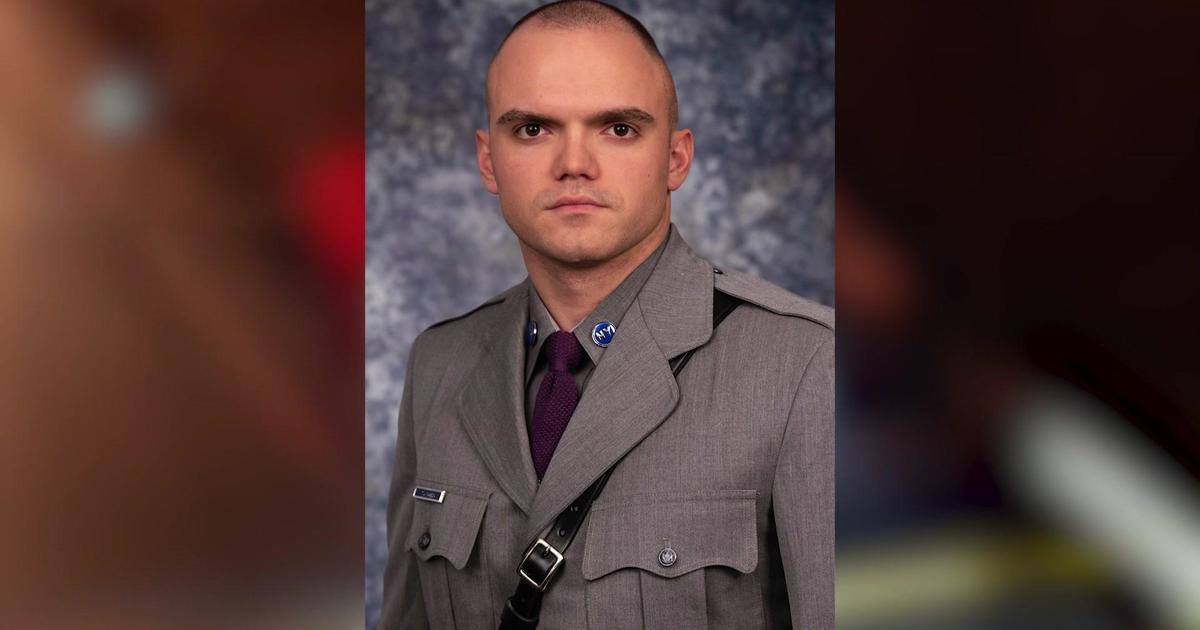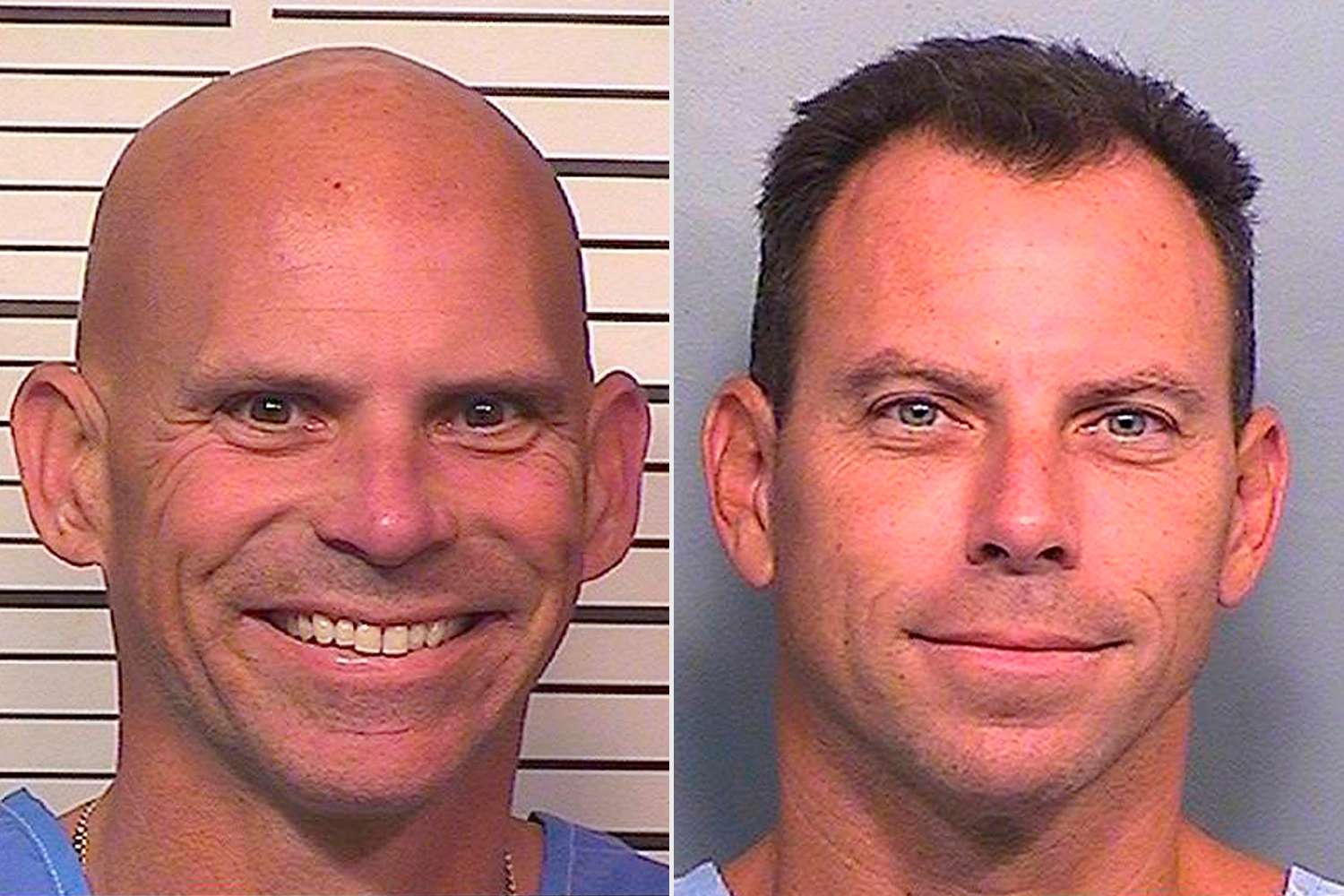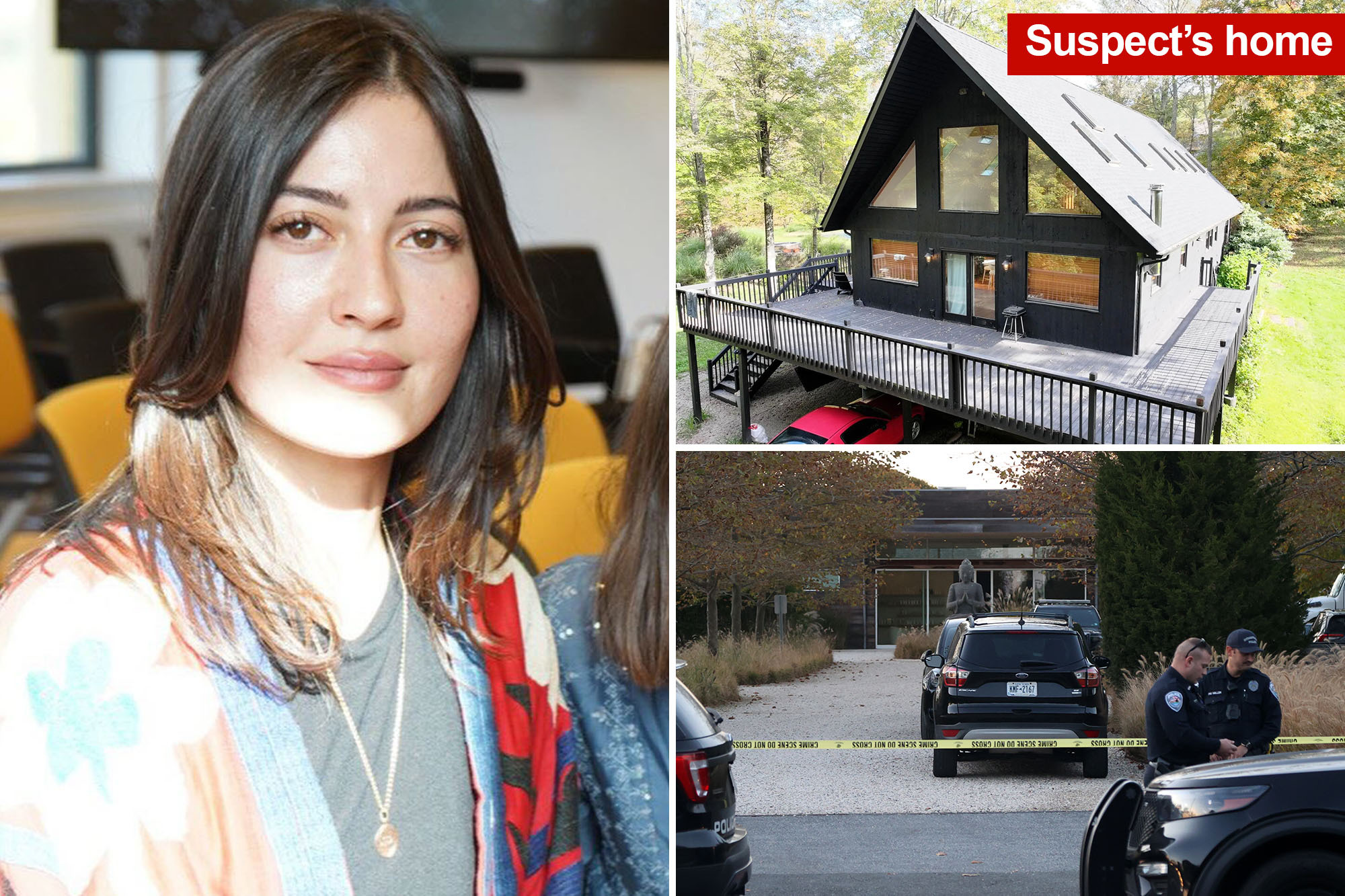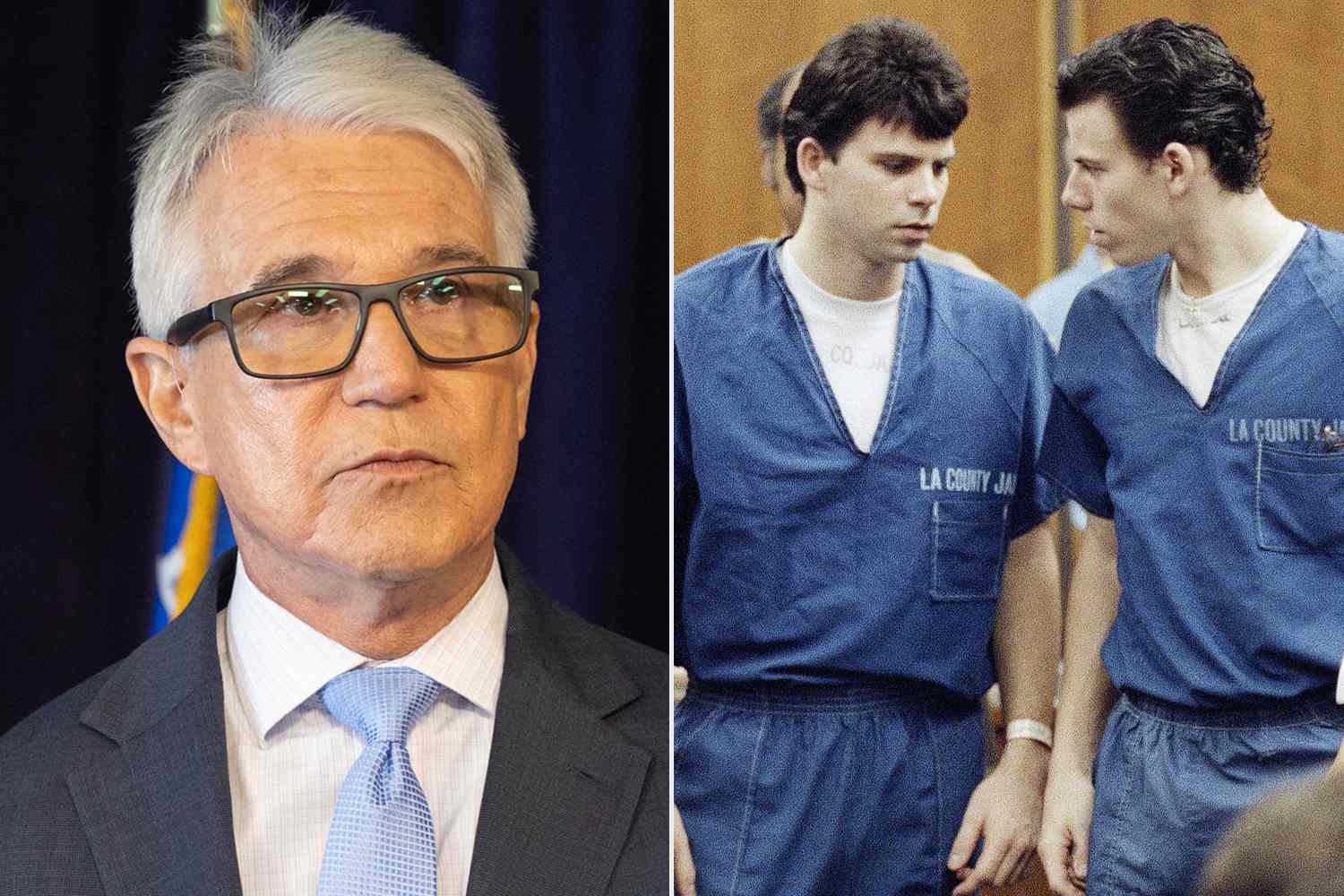Inside the Legal Battle: Bryan Kohberger's Fight Against the Death Penalty
When Bryan Kohberger's name is mentioned, it's often in connection with the chilling murders of four University of Idaho students back in November 2022. The former criminology Ph.D. student faces four counts of murder and the looming possibility of a death penalty sentence if convicted.
Recently, Kohberger appeared in court in Boise, Idaho, for a crucial hearing that will ultimately determine his fate in the brutal stabbing deaths of Madison Mogen, Kaylee Goncalves, Xana Kernodle, and Ethan Chapin. These tragic events unfolded nearly two years ago at an off-campus residence in Moscow, Idaho, sending shockwaves through the community.
His defense team is vigorously opposing capital punishment, arguing that the method of execution by firing squad constitutes "cruel and unusual punishment." Currently, Idaho's protocol for execution is lethal injection, with no executions having taken place in the state since 2012.
During the court proceedings, Kohberger's public defender, Ann Taylor, raised concerns about the psychological toll of uncertainty surrounding the length of time her client might spend on death row. She advocated for the jury, rather than the judge, to determine Kohberger's fate in the event of a conviction.
:max_bytes(150000):strip_icc():focal(749x0:751x2)/Bryan-Kohberger-082423-9702d62f3c624d85be4f8a1650121389.jpg)
Legal experts, however, view the likelihood of the trial judge excluding the death penalty as slim. Neama Rahmani, a former federal prosecutor, notes that Kohberger's defense is employing a "kitchen sink approach," throwing various arguments into the mix with an eye on potential appeals down the line.
Rahmani explains, "In any death penalty case, there are mandatory state and federal appeals, and it's statistically more probable to have a death sentence overturned on appeal." By presenting a range of arguments, the defense aims to preserve avenues for future legal challenges.
👁️ Into the strange, the chilling, or the downright unbelievable?
Join r/ShadowReports — a community for unsettling facts, terrifying news, and bizarre true stories that stick with you. If it’s awful, eerie, or just plain wild, you’ll find it here.
👉 Explore r/ShadowReportsTrending Amazon Finds
Despite the uphill battle, Rahmani underscores that certain arguments, such as those related to age or mental capacity, have historically influenced death penalty outcomes. However, in Kohberger's case, given his adult status and mental competency, these arguments are unlikely to sway the final decision.
The prosecution has linked Kohberger to the murders through DNA evidence discovered on a knife sheath left at the crime scene. Additionally, his phone records reportedly placed him in the vicinity of the residence multiple times before the tragic events unfolded.
:max_bytes(150000):strip_icc():focal(742x357:744x359)/Bryan-Kohberger-062623-6bbaef7e731c4cae9dbe367a9bad66bf.jpg)
At the time of the murders, Kohberger was a criminology Ph.D. student residing in Pullman, Washington, a short distance from the crime scene. Despite the mounting evidence, he maintains his plea of not guilty, with his defense asserting that his late-night drives were for recreational purposes.
Recognizing the potential impact of local sentiment and media coverage on the trial, a judge ruled to relocate Kohberger's trial from Latah County to Ada County. The move aims to ensure a fair trial by mitigating any prejudicial influences stemming from the close-knit community of Moscow.
:max_bytes(150000):strip_icc():focal(751x164:753x166)/idaho-murder-victims-Ethan-Chapin-Xana-Kernodle-Madison-Mogen-and-Kaylee-Goncalves-111722-9de2e460a9aa44759bd274fab0d9ae13.jpg)
As the legal proceedings unfold, Kohberger's trial is scheduled to take place from August to November 2025, marking a significant milestone in a case that has gripped the attention of many.
While the road ahead remains challenging for both the prosecution and defense, the pursuit of justice for the victims and a fair trial for the accused underscores the complexities and gravity of the legal system in cases of such magnitude.




